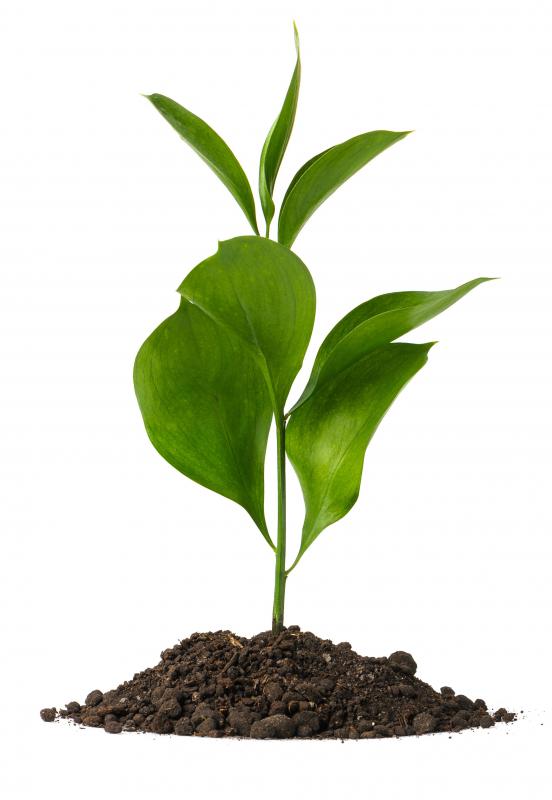At PracticalAdultInsights, we're committed to delivering accurate, trustworthy information. Our expert-authored content is rigorously fact-checked and sourced from credible authorities. Discover how we uphold the highest standards in providing you with reliable knowledge.
What are the Different Types of Biologist Work?
Biology is a vast scientific field that incorporates the study of every aspect of the living world. Expert scientists examine plants, animals, and microorganisms to learn more about the structures, functions, history, and behaviors of living things. Biologist work is available in dozens of different fields of research, pharmaceutical development, teaching, and conservation efforts. An individual who is interested in biologist work can determine the education and experience levels necessary to find jobs in different settings, such as research laboratories or biotechnology firms.
A research biologist usually studies microorganisms, plants, or animals. Most scientists specialize further to focus on population ecology, marine science, genetics, cellular studies, biophysics, or any of a number of other highly specific fields. Research biologist work often involves field observations, where a scientist spends time in a particular area to examine species and gather samples. Laboratory research entails careful inspections and analyses of field samples. Research scientists design, carry out, and replicate detailed experiments to solidify theories, and then publish comprehensive scientific papers to document their findings.

Many expert microbiologists work in research and development divisions of pharmaceutical companies and biotechnology firms. A biologist might analyze a certain bacteria or virus, and develop medications that are effective at stopping the spread of disease. Many scientists are engaged in the development of pharmaceuticals to combat complex medical issues such as cancer and Alzheimer's disease. Professionals in biotechnology firms investigate biological substances and apply their knowledge to the study of bioinformatics, agricultural science, food preservation, and cleaning products, among countless other areas of interest.

An experienced biologist who possesses the desire to more directly impact humans and other living things may decide to become a teacher or conservationist. Biology professors and teachers work at public and private institutions, where they design curricula and provide both classroom and laboratory instruction. Conservation biologists usually work for government agencies or nonprofit groups to educate the public about the importance of sustainability and environmental protection. They may give speeches, write informational articles and books, or oversee areas that are in need of preservation. Many educators and conservation workers conduct important research in addition to their specific job duties.

Most types of independent biologist work require advanced degrees in a biological science. Researchers typically hold doctoral degrees in their specialties, such as botany, microbiology, or zoology. People who work as research assistants in laboratory or field settings generally hold bachelor's or master's degrees. Some students are able to work as interns or assistants while pursuing their degrees, in order to gain experience and prepare for independent biologist work. University professors and secondary biology teachers often have advanced degrees as well as education credentials.
AS FEATURED ON:
AS FEATURED ON:













Discuss this Article
Post your comments